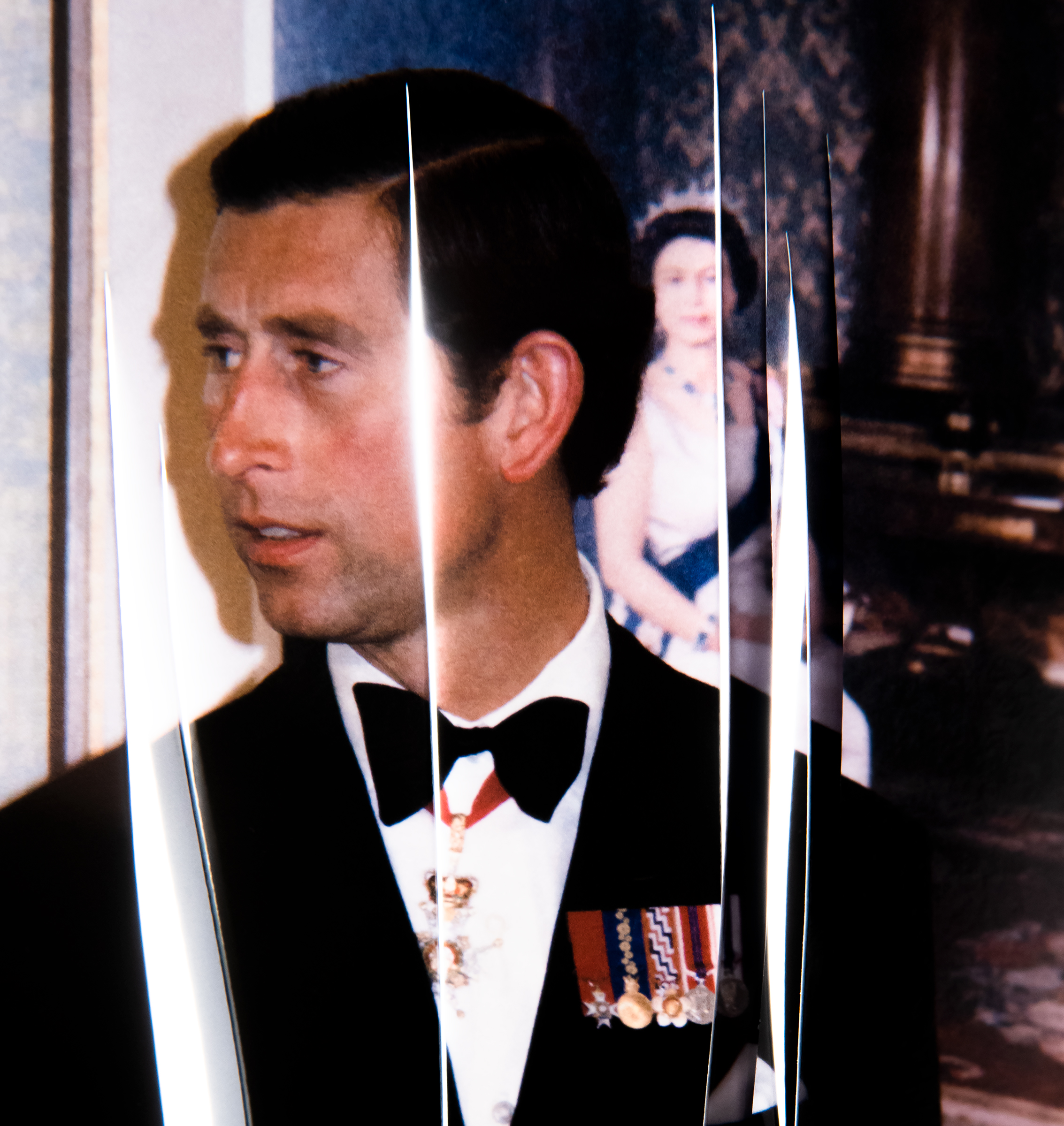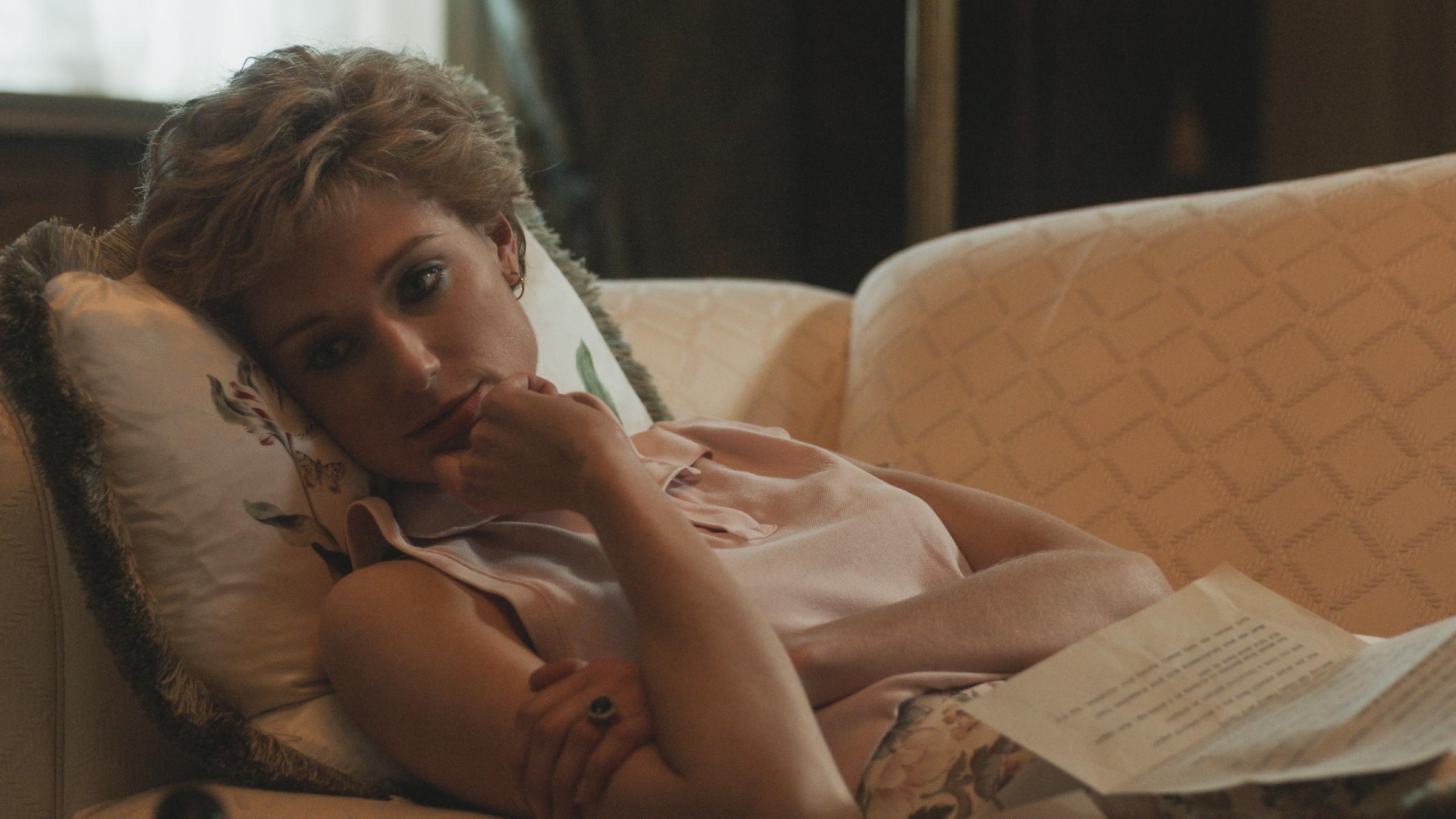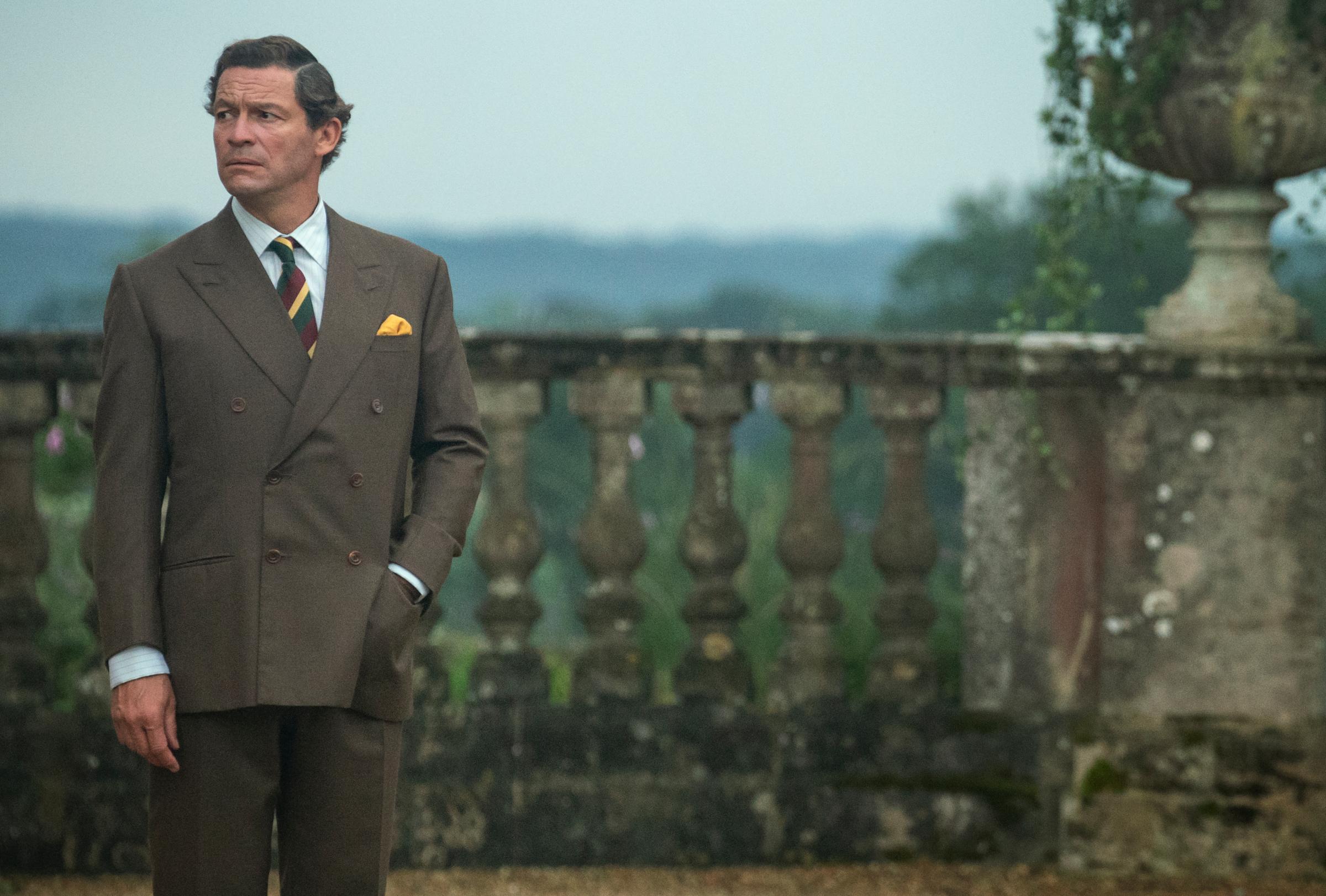
The British royal family would like to remind you that The Crown does not reflect real life inside Windsor Castle. Ever since the show’s 2016 debut, royalists and historians have worried that the drama would tarnish the legacy of Queen Elizabeth II and that of her family. In 2020, then U.K. culture secretary Oliver Dowden pleaded with the streamer to include a disclaimer on its Emmy-winning show. Netflix staunchly refused—until this year.
The new season of The Crown, which debuts on Nov. 9, promises to be its most controversial to date. It will dramatize a particularly dark moment in the newly named King Charles III’s history and the monarchy at large: his divorce from Diana Spencer, and the events leading up to her death. British papers have reported that the royal family has been wringing its hands over how the show might hinder the new King’s efforts to win over his subjects.
Before the series has even debuted, Dame Judi Dench has sprung to Charles’ defense, writing in a letter to the Times that she fears “a significant number of viewers, particularly overseas, may take its version of history as being wholly true.” John Major, the British Prime Minister played by Jonny Lee Miller this season, called it a “barrel-load of nonsense.” So Netflix finally relented. The streamer added a line to the trailer’s description, calling it a “fictional dramatisation” inspired by true events.
Read More: How a Sprawling Drama About Elizabeth II Became Netflix’s Crown Jewel
The royal family’s concerns are not completely misplaced. In the week after the Queen’s death, viewership of the first season of the six-year-old series surged to the third spot on Netflix’s Top 10 Most Watched, with 40.8 million hours streamed. Unlike the subjects of other recent ripped-from-the-headlines shows about Jeffrey Dahmer or Pamela Anderson, the public has very little access to the royals, who share nary a detail about their personal lives. The Crown purports to offer insight into an otherwise inscrutable family. The fictional narrative has thus become the dominant one.
Perception matters, especially in this precarious time for the monarchy. Few royals have mismanaged their public image quite like Charles. His affair with Camilla Parker Bowles, his contentious divorce, and, more recently, his reported falling-out with Prince Harry, have defined his patchy reputation.
Now Prince Andrew’s transgressions and Harry and Meghan’s departure from royal life have shaken faith in the institution. Prince William and Princess Kate’s disastrous tour of the Caribbean, during which they were greeted with protests for slavery reparations, reminded the world that even the younger royals might not be suited for the modern world. The Queen’s death brought new attention to Commonwealth nations’ desire to disavow the British monarchy. Even within England, grumbling over the cost of the family grows louder; taxpayers spent £86.3 million on them last year.
These threats to the monarchy carry significant financial, geopolitical, and even existential consequences. And talk of abolition aside, Charles would no doubt prefer to be liked by his subjects. Elizabeth was beloved for her steadfastness. That’s not an adjective many would use to describe Charles. It’s up to the new King to secure his subjects’ faith and loyalty: the very fate of the monarchy may lie in his hands. And now he has to earn that trust right as The Crown reminds the public of his gravest mistakes.

Series creator Peter Morgan is an avowed royalist, but he understands Diana is the inevitable star of this drama. The season begins in 1992, the year of Diana and Charles’ separation. Morgan handles headline-making moments, like the much-anticipated reveal of Diana’s “revenge dress,” with a light but satisfying touch, and deploys the Queen, played by Imelda Staunton, sparingly.
But it’s Elizabeth Debicki’s empathetic portrayal of Diana that sets Charles up as a bad guy—even if that’s not Morgan’s intent. Capturing the iconic Princess is no easy feat. In recent years, many talented actors have tried, including Kristen Stewart in Spencer, Jeanna de Waal in Diana: The Musical, and Emma Corrin in an earlier season of The Crown. They have exaggerated her shyness and vulnerability through fragile affectations. But Debicki (whom you may recognize from compelling turns in Widows and Tenet) offers the most realistic take on Diana yet.
Debicki matches not only her physical stature—playing the 5-ft. 10-in. Diana, the 6-ft. 3-in. actor slouches slightly as if to disguise her imposing beauty from the paparazzi cameras—but also her complexity. An entire episode is dedicated to dissecting Diana’s decision to speak to a biographer against the royal family’s wishes. Andrew Morton’s real-life book unveiled details about Charles’ affair and Diana’s struggles with disordered eating and thoughts of self-harm. Debicki doesn’t shy away from the bitterness and rebelliousness of this supposedly saintly figure. Her Diana turns to the biographer because she feels trapped and manipulated, yes, but also resentful of her treatment by the family.
Other accounts of Diana tend to flatten her into a wronged wife and exceptional mother. Debicki’s version can be vapid and vengeful, in addition to nurturing and charitable. She proves truer to the real Diana, as suggested by the historical record—and more entertaining to watch.
Read More: Why Princess Diana Is So Hard to Get Right Onscreen

Charles doesn’t stand a chance. Compared with Diana, who arrived last season played by Corrin, we’ve spent ample time with him on The Crown. The audience has come to understand him: we’ve followed Charles, portrayed by three different actors, through years of bullying at boarding school and watched as his parents failed to offer the affection he so clearly needed.
In Season 5, Dominic West takes over the role from Josh O’Connor, who won an Emmy for his portrayal, and does find some sympathetic moments: West somehow imbues the embarrassing and awkward phone-sex conversation with his now wife, Camilla, which will eventually dominate the tabloids, with sweetness, casting their relationship in a rather sympathetic light. The audience will be outraged by the British press’s invasion of his privacy when they publish their pillow talk. And Morgan plays up Charles’ modern vision for the future of the monarchy, a preview of what may come to pass under his rule.
Yet faced with the charm offensive that is Diana, it’s difficult to side with the onscreen Prince. Early in the season, he chides Diana for her lack of interest in history on a family trip to Italy. (Harry, still a boy, gets little screen time compared with William. But small acts like his attempt to stand up for his mother in that scene telegraph eventual fissures in the family.)
West excels at embodying morally corrupt characters who are utterly convinced of their heroism: in The Wire and The Affair, he evolves from charming cad to outright monster. His take on Charles is less exaggerated than The Wire’s compromised cop McNulty, but equally deluded. He begins one episode with a woe-is-me monologue about his untapped potential; it plays as the backdrop to images of the Prince enjoying the privileges of royal splendor.
Ultimately, The Crown’s portrayal of Charles is not as harsh as the real-life royals may fear. Morgan emphasizes that the King was an early environmentalist, a relative populist compared with his stodgier siblings, and a man loyal to one woman throughout his life. (Unfortunately, that woman was not his first wife.) He even writes a post-divorce dialogue for Charles and Diana that offers Charles more grace than he’s usually afforded in the demise of their relationship.
Charles has done decades of image rehabilitation since Diana’s tragic death. Now, ahead of The Crown’s premiere, the King has set out on a trip across the U.K. to win hearts and minds, breaching protocol by accepting cheek kisses from fans and seeking out a corgi, his mother’s favorite breed, to pet on one rope line. He will never match the stateliness of his mother, the magnetism of his ex-wife, or the presence of the stars who play him on TV. But duty calls, and Charles has no choice but to try.
More Must-Reads From TIME
- The 100 Most Influential People of 2024
- The Revolution of Yulia Navalnaya
- 6 Compliments That Land Every Time
- What's the Deal With the Bitcoin Halving?
- If You're Dating Right Now , You're Brave: Column
- The AI That Could Heal a Divided Internet
- Fallout Is a Brilliant Model for the Future of Video Game Adaptations
- Want Weekly Recs on What to Watch, Read, and More? Sign Up for Worth Your Time
Write to Eliana Dockterman at eliana.dockterman@time.com